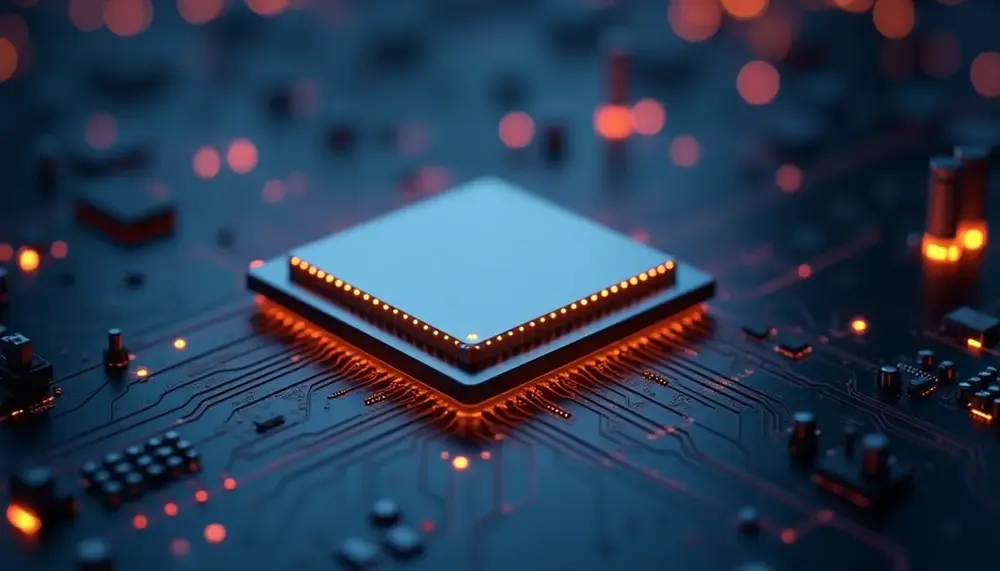Table of Contents:
Huawei Launches New AI Chip to Rival Nvidia: Potential Impact on Crypto AI Mining Stocks
According to Blockchain News, Huawei has introduced a new AI chip designed to compete directly with Nvidia, as reported by The Kobeissi Letter and the Wall Street Journal. This strategic move comes in the wake of recent U.S. restrictions on Nvidia's H20 chip sales to China, which could significantly alter the demand for high-performance computing chips within the Chinese market.
The development is particularly relevant for crypto traders and investors, who are advised to closely monitor AI and chipmaker stocks such as Nvidia ($NVDA) and leading Chinese technology firms. The introduction of Huawei's AI chip may influence GPU supply dynamics, potentially affecting blockchain mining efficiency and the broader AI crypto ecosystem. The Kobeissi Letter highlights that this shift could have far-reaching consequences for the performance and valuation of companies involved in AI and crypto mining.
| Company | Product | Market Impact |
|---|---|---|
| Huawei | New AI Chip | Potential to capture market share from Nvidia in China |
| Nvidia | H20 Chip | Sales restricted in China due to U.S. regulations |
- Crypto traders should monitor AI and chipmaker stocks for volatility.
- GPU supply and blockchain mining efficiency may be affected.
- The broader AI crypto ecosystem could experience significant changes.
Infobox: Huawei's new AI chip, launched amid U.S. restrictions on Nvidia, could reshape the Chinese high-performance computing market and impact crypto mining stocks, according to Blockchain News and The Kobeissi Letter.
Decentralized Technology Bridges AI and Blockchain, Challenging Black-Box AI
Crypto Daily reports that the convergence of decentralized technology and AI is addressing the longstanding issue of black-box AI, where decision-making processes are opaque and untraceable. The article highlights the partnership between Kite AI and EigenLayer, which aims to reinforce trust and security in decentralized AI by integrating EigenLayer's restaking technology into Kite AI's blockchain-based AI asset marketplace.
Kite AI operates as an EVM-compatible Layer-1 blockchain, providing a marketplace for AI tools and models. EigenLayer enhances this ecosystem by enabling scalable security and trustless verification of AI computations, leveraging Ethereum's security mechanisms. Through EigenLayer's Autonomous Verifiable Service (AVS) framework, validators independently verify the accuracy of AI model outputs and the integrity of listed AI assets. This decentralized validation process ensures that users and developers can trust AI results without relying solely on the claims of asset providers.
- Kite AI and EigenLayer partnership focuses on verifiable, auditable, and transparent AI systems.
- Decentralized validation reduces the risk of AI-generated misinformation and bias.
- Blockchain-backed verification provides accountability in high-stakes industries such as healthcare and autonomous vehicles.
"Decentralized data sources and verification tools lower the risk of false or biased data because they enable insight into decision-making and output. They can help address the absence of proper safeguards and thoughtful implementation and play a crucial role in combating false information, which is easily perpetuated, given how convincingly it's presented." — Crypto Daily
The article also discusses the broader implications of AI's limitations, such as high error rates and the potential for "hallucinations" in generative models like ChatGPT, Claude, Bard, and Perplexity. It emphasizes that current legal frameworks do not typically hold AI creators responsible for the consequences of their tools' outputs, placing the burden of accountability on end users.
Infobox: The integration of blockchain and AI, exemplified by the Kite AI and EigenLayer partnership, is paving the way for transparent, verifiable AI systems and reducing the risks associated with black-box AI, according to Crypto Daily.
Sources:















